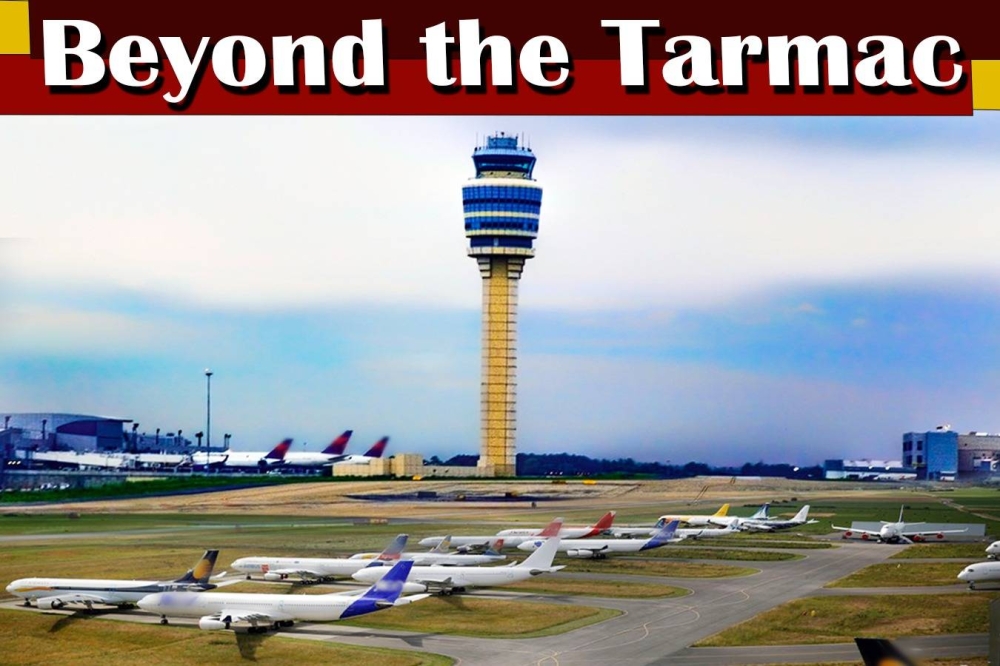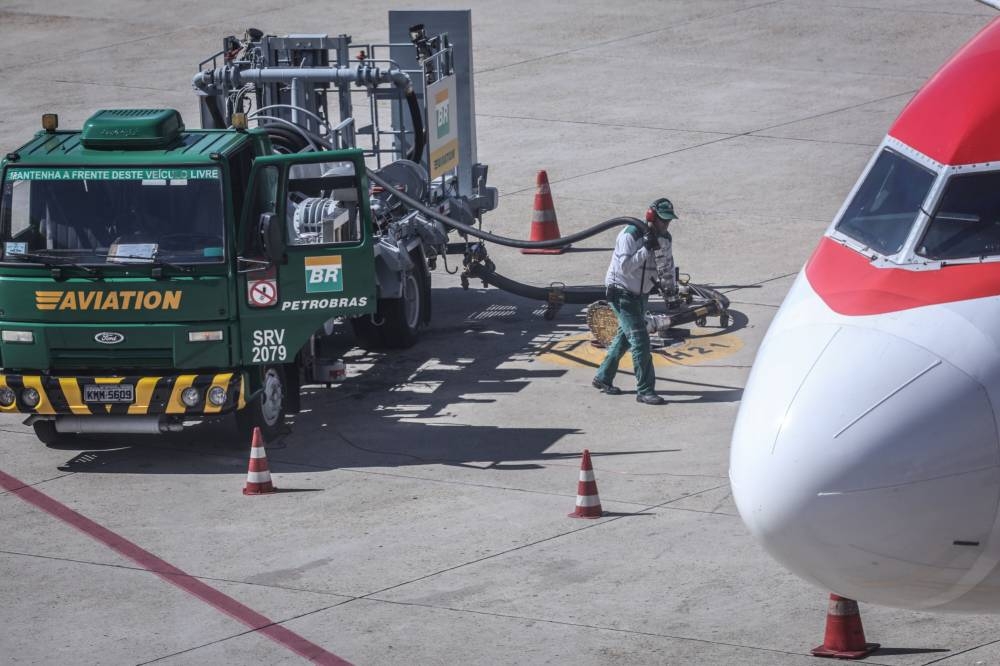
Some analysts see a spike in demand for jet fuel ahead of the summer travelling season in the third quarter of the year.
Global jet fuel prices are likely to be "higher by 5.4% over our previous forecast to $111/barrel as soft demand is expected to give way to peak summer travel and stronger prices", BMI analysts wrote in a client note according to Reuters.
"However, a global economic slowdown will temper consumption of air travel and weigh on jet fuel prices limiting price upside," they added.
Latest fuel price analysis by the global body of airlines- IATA show the global average jet fuel price increased by 1.5% to $107.86/bbl in the week ending March 15.
Fuel price is expected to average $113.8/barrel (jet) in 2024 translating into total fuel bill of $281bn billion, accounting for 31% of all operating costs, IATA said and noted airlines are expected to consume 99bn gallons of fuel in 2024.
High crude oil prices are expected to continue to be further exaggerated for airlines as the crack spread (premium paid to refine crude oil into jet fuel) is expected to average 30% in 2024.
Industry CO2 emissions in 2024 are expected to be 939mn tonnes from consumption of about 99bn gallons of fuel.
In this context, IATA says the aviation industry will increase its use of Sustainable Aviation Fuels (SAF) and carbon credits to reduce its carbon footprint.
IATA estimates that SAF production could rise to 0.53% of airlines’ total fuel consumption in 2024, adding $2.4bn to this year’s fuel bill.
In addition, the Carbon Offsetting and Reduction Scheme for International Aviation (CORSIA) is a global market-based carbon offsetting mechanism designed to stabilise international aviation emissions. The CORSIA-related costs are estimated at $1bn in 2024.
The price of jet fuel has a significant impact on airfares, as it is one of the most substantial operating costs for airlines.
Jet fuel is a major expense that directly influences an airline's profitability and pricing strategy and accounts for up to 20% of an airline’s operating expenses.
Higher fuel costs jack up ticket prices, and conversely, airfare drops with lower fuel costs. A lower fuel burn-per–hour rate reduces the cost of flying an aircraft. The less it costs to fuel an aircraft, the more airlines can reduce ticket prices, obviously attracting more travellers.
The impact of jet fuel prices on the cost of airline travel can be significant, as fuel typically represents one of the largest expenses for airlines. When jet fuel prices rise, airlines often need to adjust their ticket prices to compensate for the increased operating costs. This invariably results in higher airfares for passengers.
The elasticity of demand for air travel affects how airlines adjust ticket prices in response to changes in fuel costs. If demand for air travel is relatively insensitive to price changes (i.e., demand is inelastic), airlines may be able to pass on a larger portion of increased fuel costs to passengers without experiencing a significant decline in ticket sales.
Some airlines use hedging strategies to lock in fuel prices at a fixed rate for a certain period. This provides them with a degree of protection against sudden increases in fuel prices, although it also limits their ability to take advantage of price decreases.
While rising jet fuel prices generally lead to higher operating costs for airlines, the extent to which these costs are passed on to passengers in the form of higher ticket prices vary depending on a range of factors, including fuel efficiency, hedging strategies, market competition, and demand elasticity.
Pratap John is Business Editor at Gulf Times. Twitter handle: @PratapJohn


